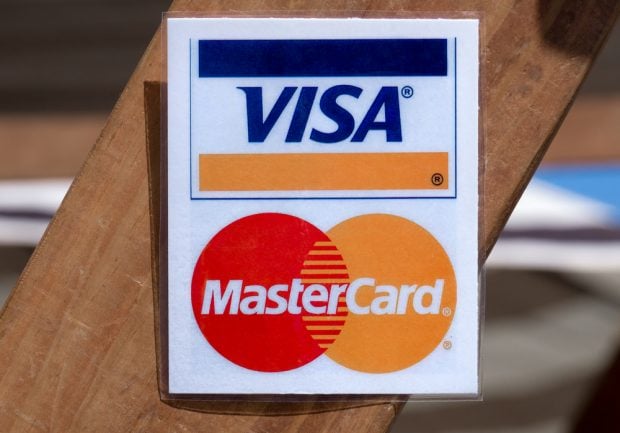Retailers appear to have accepted the provisions of the FederalReserve's debit interchange rule that regulate how many payment networksmust be available for each debit transaction.
|Under the Fed's rule, credit unions and other debit issuers haveto make sure at least two unaffiliated payment networks areavailable for debit transactions.
|In practice, that has usually meant one payment network toprocess signature authorized transactions and one to process PINauthorized transactions.
|Retailers challenged this part of the rule, arguing that theDurbin Amendment to the Dodd-Frank financial reform lawrequired issuers or networks to provide more options for paymentprocessing.
|The U.S. Court of Appeals for the D.C. Circuit rejected thoseefforts when it affirmed the Federal Reserve rule in March.
|In the application filed Monday to the Supreme Court to consideroverturning that decision, the National Retail Federation and othergroups attacked the amount of debit card interchange the ruleallowed, but did not mention the exclusivity rules except in afootnote that indicated the rules were not involved in theappeal.
|“Petitioners also challenged a separate provision of the Rulegoverning card network non-exclusivity…That issue is not beforethis Court,” read a footnote on page 14 of the brief.
|Doug Kantor, a partner in the Washington office of Steptoe andJohnson, who serves as counsel for the retailers, said the grouphad not raised the issue in the appeal because a previous brieffrom the Federal Reserve said the existing regulation had met thelaw's requirements.
|“We had been concerned from the begining about our ability tocross process when necessary and when the Federal Reserve said itbelieved their existing regulation allows that, we took them attheir word,” Kantor explained. Kantor further explained theterm cross processiong means the ability to process a debittransaction authorized with a PIN across a signature debit networkand vice-versa. Such changes could be accomplished at thenetwork level and would require little or no changes at the issuerlevel, retailers had said in previous briefs.
|Although only credit unions with more than $10 billion in assetshave to comply with the rule's debit interchange cap, all creditunions potentially faced having to make changes to their debitprograms had retailers challenged the network rules and won.
|Complete your profile to continue reading and get FREE access to CUTimes.com, part of your ALM digital membership.
Your access to unlimited CUTimes.com content isn’t changing.
Once you are an ALM digital member, you’ll receive:
- Critical CUTimes.com information including comprehensive product and service provider listings via the Marketplace Directory, CU Careers, resources from industry leaders, webcasts, and breaking news, analysis and more with our informative Newsletters.
- Exclusive discounts on ALM and CU Times events.
- Access to other award-winning ALM websites including Law.com and GlobeSt.com.
Already have an account? Sign In
© 2024 ALM Global, LLC, All Rights Reserved. Request academic re-use from www.copyright.com. All other uses, submit a request to [email protected]. For more information visit Asset & Logo Licensing.









